High intensity interval training (or HIIT for short) has fast become one of the most common forms of exercise on the planet. Used by athletes and regular gym goers alike, it has been applauded for its ability to improve health and fitness in an extremely short amount of time.
But did you know it can have a positive impact on your mental health too?
What is HIIT?
HIIT simply describes a type of aerobic activity that has you performing short bouts of very intense exercise, alternating with lighter periods of recovery (Wewege, 2017).
For example, during a simple HIIT protocol, you might sprint for 30 seconds, then walk for 30 seconds (to allow for a brief recovery). You would then repeat this for 20 total minutes to get in a very effective HIIT workout.
While the total duration of this example session is only 20 minutes, most of it is spent working very hard. As a result, HIIT offers a myriad of benefits when compared to more traditional ‘steady state’ aerobic exercise.
Especially when it comes to mental health.
What are the mental health benefits of HIIT?
So, Can HIIT boost mental health?
Exercise has long been considered one of the most effective natural mental health boosters on the planet – and high intensity interval training takes it to the next level.
In fact, when it comes to HIIT benefits, the impact it has in this area is some of its most impressive.
HIIT and mental health benefits
First and foremost, we are going to a look at some of the more ‘general’ mental benefits associated with HIIT – and I should note, while I may say general, that does not make them insignificant.
Undertaking a single session of HIIT has been shown to cause large increases in mood and wellbeing (Ouerghi, 2016).
Over time, through the adoption of a longer term HIIT program, these increases lead to marked improvements in happiness, overall life satisfaction, and psychological wellbeing – all of which have a significant impact on mental health (Costigan, 2016).
HIIT effect on anxiety and depression
Given the positive impact of HIIT on mental state, it should come as no surprise that it can also influence depression and anxiety (Martland, 2020).
In fact, performing HIIT for as little as twice per week for a total of two weeks is enough to cause a significant reduction in symptoms of both depression and anxiety.
Importantly, this effect appears to be increased with the duration of the intervention – suggesting that adopting HIIT as part of a lifestyle change can have a major impact on the prevention and treatment of these two debilitating mental diseases.
In fact, I would argue that HIIT is one of the best exercises for depression and anxiety, period.
HIIT effect on confidence
Finally, in conjunction with the improvements in psychological wellbeing and mental state, HIIT can also have an impact on confidence (Petty, 2009; Selmi, 2018).
Undertaking a HIIT training intervention has been shown to cause improvement in self-confidence, self-esteem, and feelings of self-worth – all of which lead to a lasting state of improved happiness.
Interestingly, these improvements tend to happen irrespective of changes in body weight, suggesting that HIIT has a positive impact on the brain and hormonal systems, as well as the more ‘physical’ systems of the body.
Related Article: 3 Benefits of Exercise and Mental Health
Recent HIIT research
While the health benefits of HIIT have been known for decades, research has only recently begun to explore how we can best apply this mode of training to without an increased risk of injury.
And fortunately for us, a recent systematic review has summarised just that (Martland, 2020).
How much HIIT do you need to do to reap benefits?
In this review, it was concluded that performing HIIT 2-3 times per week for a minimum of seven weeks is enough to cause marked improvements in not only the many mental health parameters above, but also:
- Aerobic fitness
- Weight management
- Blood glucose
- Blood cholesterol
- Heart health
- Quality of life
What makes this even more impressive is the fact that 3 sessions of HIIT per week may only equate to a grand total of 40-60 minutes exercise – which is nothing really.
Best HIIT workouts to improve mental health
Finally, given the huge impact that HIIT can have on health, I wanted to outline some of my favourite HIIT workouts.
So, enjoy.
The 30/30 workout
This is the workout that I alluded to above.
Choose your favourite aerobic exercise modality (it can literally be anything) and go at about 80% of your maximum speed for 30 seconds. Then follow this with 30 seconds at about 30% of your maximum speed, allowing for some recovery.
Repeat this for 15-20 minutes and enjoy the burn.
The bodyweight HIIT session
I really like this session because it can be performed anywhere – even at home.
Work through the exercises below in an alternating fashion, spending 30 seconds on each exercise, for a total of 5 rounds. This ends up lasting about 20 minutes, making it the perfect option for anyone who cannot make it to the gym:
- Jump squats
- Clap push ups
- Walking lunges
- Close hand push Ups
- Alternating single leg hip lifts
- Wide hand push ups
- Bodyweight squats
- Plank hold
Simple as can be.
Related Article: Are Abdominal Crunches Effective?
The Maximal Aerobic Speed HIIT Session
This final session is one of my favourites when it comes to individuals who compete in field sports, as it has the potential to cause huge improvements in fitness in a relatively short amount of time.
I personally like performing this one at the park, or on a running track.
After a thorough warmup, you are going to sprint as hard as you can for 15 seconds. You will then rest for 45 seconds (standing still), after which you will repeat the process 10 times.
You will the rest for 3 minutes, before performing another 10 rounds.
While this may look pretty easy, it is deceptively challenging. I guarantee that you will be blowing hard come the end of it.
Related Article: How to Incorporate HIIT in Every Workout
Take Home Message
HIIT has fast become on of the most popular exercise modalities on the planet. For very good reason too.
When applied appropriately, HIIT has been shown to cause huge improvements in fitness and health. This is in much less time than traditional aerobic training methods. Moreover, with recent research demonstrating that it can also have profound effects on your mental health, it truly is a great option.
So, give the workouts listed in this article a go and let us know what you think!
References
Wewege, M., et al. “The effects of high‐intensity interval training vs. moderate‐intensity continuous training on body composition in overweight and obese adults: a systematic review and meta‐analysis.” Obesity Reviews 18.6 (2017): 635-646.
Ouerghi, Nejmeddine, et al. “Effect of high-intensity intermittent training program on mood state in overweight/obese young men.” Iranian journal of public health 45.7 (2016): 951.
Costigan, Sarah A., et al. “High-intensity interval training on cognitive and mental health in adolescents.” Medicine & Science in Sports & Exercise 48.10 (2016): 1985-1993.
Martland, Rebecca, et al. “Can high-intensity interval training improve physical and mental health outcomes? A meta-review of 33 systematic reviews across the lifespan.” Journal of Sports Sciences (2020): 1-40.
Petty, Karen H., et al. “Exercise effects on depressive symptoms and self-worth in overweight children: a randomized controlled trial.” Journal of pediatric psychology 34.9 (2009): 929-939.
Selmi, Walid, et al. “Self-confidence and affect responses to short-term sprint interval training.” Physiology & behavior 188 (2018): 42-47.
You Might Like:
Can HIIT Improve Mental Health?
High intensity interval training (or HIIT for short) has fast become one of the most...How to Incorporate HIIT in Every Workout
Over the last few years, high-intensity exercise modalities have become super popular. Think about the...The Effects of Sleep Quality and HIIT
Moji Kaviani Quality of sleep appears to be positively associated with both physical and psychological...What is a High-Intensity Interval Training (HIIT) Workout Anyway?
Evan Stevens High-Intensity Interval Training (HIIT) is a huge ‘hit’ with exercise researchers and the...5 High-Intensity Interval Training Mistakes Athletes Make
Alyssa Bialowas High-intensity interval training (HIIT) is one of the hottest fitness trends right now,...5 Ways HIIT Improves Fitness in Women
Alyssa Bialowas Research poll after research poll, male and female adults express that one of...6 Tips to Fuel Your HIIT Nutrition Plan
Alyssa Biawolas If you’re spending a lot of time creating and abiding by your workout...Why You Should Consider Morning HIIT Workouts
Catherine O’Brien Are you a night owl or a morning lark? Most people tend to...4 Ways HIIT Exercise Improves Kidney Health
By Alyssa Bialowas High intensity interval training (HIIT) is a type of exercise that has been...High-Intensity Interval Training: How to Meet Nutritional Demands
Moji Kaviani, Ph.D., CEP Nutrition plays a key role in maximizing the training benefits and...High Intensity Training Exercise Helps Reduce Migraines
Catherine O’Brien Severe headaches and migraines are a problem for a significant part of the...Do High-Intensity Exercises and Carbs Alter the Proteins in Your Fat?
A Review by Alyssa Bialowas Introduction Visfatin is a protein found in visceral fat, and...HIIT Responses In Endurance & Sprint Athletes
A Review by Alyssa Bialowas HIIT (high intensity interval training) is a widely popular training...Can A Hot HIIT Session Induce Heat Acclimation For Athletes?
A Review by Alyssa Bialowas As an athlete, the climate you train in isn’t always...Epigenetic Inheritance: Your Children Could Inherit Your HIIT
Dayton Kelly Blowing away long held beliefs of how inheritance operates in humans, comes a...Creatine Supplementation and Adaptive Response to HIIT for Women
Moji Kaviani, Ph.D., CEP High-intensity-interval training (HIIT) has several well-established performance and health benefits. These...Music – Your HIIT Recovery Secret Weapon
Catherine O’Brien The effects of music on exercise experience is a common theme throughout my...Use Mindfulness To Weather the HIIT Storm
Hank Shell So, you’re giving this High Intensity Interval Training thing a shot. Good for...7 HIIT Medicine Ball Exercises
Dayton Kelly Medicine balls are a cheap and versatile piece of exercise equipment, and, yet,...Should Your Next HIIT Workout Be Barefoot?
Dayton Kelly Of rising popularity, especially with the invent of “toe shoes”, is exercising barefoot...The Effects Of HIIT On Wheelchair-Sport Athletes
Alyssa Bialowas There now is widespread acceptance that disability is a social construct with roots...HIIT Hill Workouts For Runners
Hank Shell So, it’s winter time. And don’t get me wrong – I LOVE winter....Is HIIT Beneficial For Rheumatoid Arthritis?
Gillian White, MSc, Ph.D. (Candidate), University of Toronto, Graduate Department of Exercise Sciences Rheumatoid Arthritis...A Win-Win Combination – Intervals Vs Endurance (Part 6)
Evan Stevens We’ve seen that HIIT (shorter, highly strenuous bursts of activity separated by periods of...Why HIIT Excels – Intervals Vs Endurance (Part 3)
Evan Stevens HIIT (shorter, highly strenuous bursts of activity separated by periods of low intensity...Why Is HIIT Different? – Intervals Vs Endurance (Part 2)
Evan Stevens Why Is HIIT different? Let’s set aside CEE (continuous bout of exercise without...Does A Carb Restricted Diet Change HIIT Boost Health Benefits?
Moji Kaviani, Ph.D., CEP Would carbohydrate restriction diet augment HIIT-induced health benefits? High intensity interval...HIIT Exercises To Prep Your Body For Winter Sports
Alyssa Bialowas As an avid snowboarder and former competitive hockey player, winter sports have always...How HIIT Changes Our Body
Evan Stevens Researchers looked at how HIIT (high intensity interval training) changed glucose metabolism in...Pickleball: A Competitive & Fun Form of HIIT
Pickleball enthusiasts Lori Tokutomi and Lynn Hyche speak to us at the 2017 Huntsman World...HIIT For Hockey Performance
Ryan Cross, B.A. Hons (Kin), MScPT, FCAMPT Registered Physiotherapist in Sarnia, Ontario, Canada The hockey...Maximize Performance With Plyometrics & HIIT
Alyssa Bialowas Plyometric exercise is described as explosive movements in which your muscles exert maximum...4 Alternative Activities That Mimic HIIT
Alyssa Bialowas Experts say that high-intensity interval training (HIIT) should not exceed 3-4 times per...4 Tips To Keep Your HIIT Frequency In Check
Alyssa Bialowas There are countless benefits of high intensity interval training that effect a person’s...The Real Benefits of High Intensity Interval Training
Sara Thompson, MSc, Faculty of Kinesiology and Physical Education, Human Physiology Research Unit, University of...6 Cures for Sore Muscles After HIIT
Alyssa Bialowas What are Sore Muscles? Delayed onset muscle soreness (DOMS) is essentially your body’s...Soccer: A High Intensity Workout for the Soccer (Grand)Mom
Fiona Callender and Sara Thompson Still on a high from our visit in Dundee, we...Should I Eat Before Or After My HIIT Workout?
Alyssa Bialowas Okay so you did it – you’re awake and you’re mentally ready to...Women & High Intensity Interval Training – Ebook
Research poll after research poll, male and female adults express that one of the biggest...HIIT: Increase Intensity To Lengthen Healthspan – Ebook
Evan Stevens Forever Fit Science emphasizes the importance of High Intensity Interval Training (HIIT) incorporated...The Effects Of HIIT On Wheelchair-Sport Athletes
Alyssa Bialowas There now is widespread acceptance that disability is a social construct with roots...Maximize Results By Combining Yoga & HIIT
Alyssa Bialowas The effects of yogic exercise and its ability to increase an individual’s aerobic...8 Ways To Turn Any Space Into A HIIT Workout
Alyssa Bialowas We all know what it feels like to be on an epic workout...Can Interval Training Help Mitigate Obesity?
Evan Stevens This session really just was in addition to all of the information we’ve...The Effect Of HIIT On Children’s Motor Skills
Catherine O’Brien In my last article, I introduced a study that utilized interval training (FUNtervals)...Active vs Passive Rest For HIIT Recovery
Dayton Kelly The following was adapted from a combination of speeches given at the European...Rope Training – A Form Of HIIT
Dayton Kelly This article was adapted from a combination of speeches given at the European...Block Training: Change Your Schedule & Get More Out Of HIIT Workouts
Dayton Kelly So you’ve hopped on the High Intensity Training (HIIT) bandwagon and are ready...90 Seconds A Day of HIIT Might Be All You Need
Evan Stevens We know that HIIT can be used to improve parameters of health in...HIIT- Does Non-Weight Bearing Rowing Do The trick?
Sarah West – PhD, Assistant Professor, Trent University Recently, I contributed a series to the...HIIT Is Beneficial For All Ages
Gillian White – MSc, PhD Candidate, Department of Exercise Sciences, University of Toronto The Real...Alpine Skiing: A Form of HIIT
Evan Stevens This study looked at the applicability of HIIT for use in patients with...Beta-Alanine For A Competitive Advantage
Evan Stevens The third talk discussed the possible additive benefit of beta-alanine and interval training...Combat Heart Problems and Diabetes with HIIT
Evan Stevens Exercise can be used to treat (if not cure) type 2 diabetes mellitus....It’s Never Too Late: The Benefits of High Intensity Exercise for Dementia
Contributed by Fiona Callender, Research Assistant, University of Toronto We are all connected to someone...HIIT: High Intensity Interval Training
RESEARCHERS IN BEAUTIFUL BRITISH COLUMBIA ARE COMBATING DIABETES ONE HILL AT A TIME October 27, 2015...Generation 100: The Biggest Clinical HIIT Trial in the World!
Fiona Callender and Sara Thompson Sara and I arrived in Norway late in the evening...Have No Fear, High Intesity Exercise Isn’t That Intense
Contributed by Julianne Barry, PhD Student, School of Health and Exercise Sciences, University of British...How HIIT Can Improve Cardiovascular Function
Contributed by Sarah L West, PhD, Assistant Professor of Kinesiology, Trent University As we have...The post Can HIIT Improve Mental Health? appeared first on ForeverFitScience.



























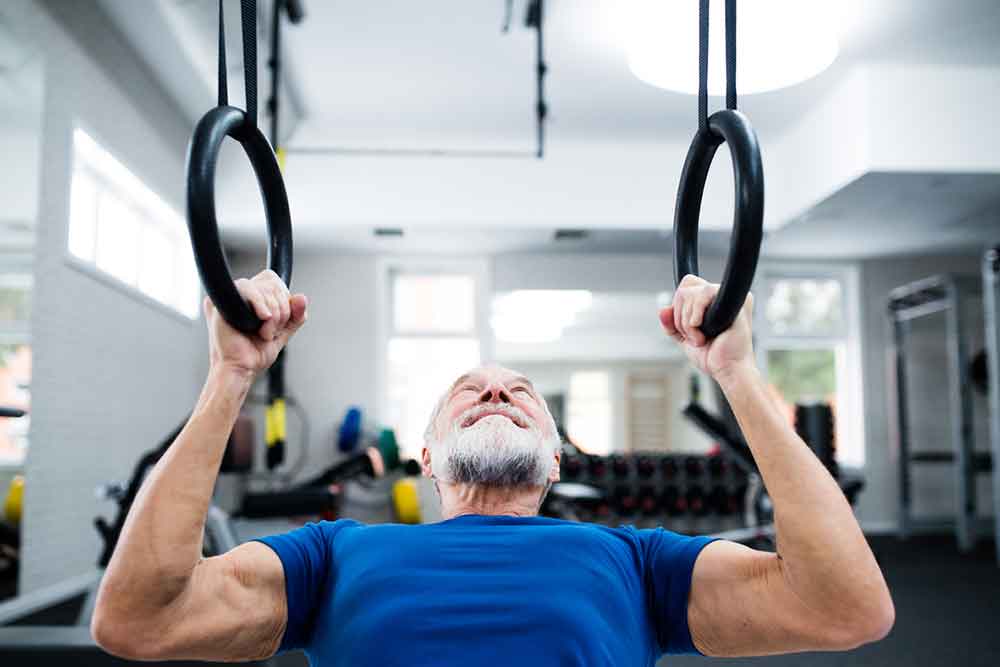

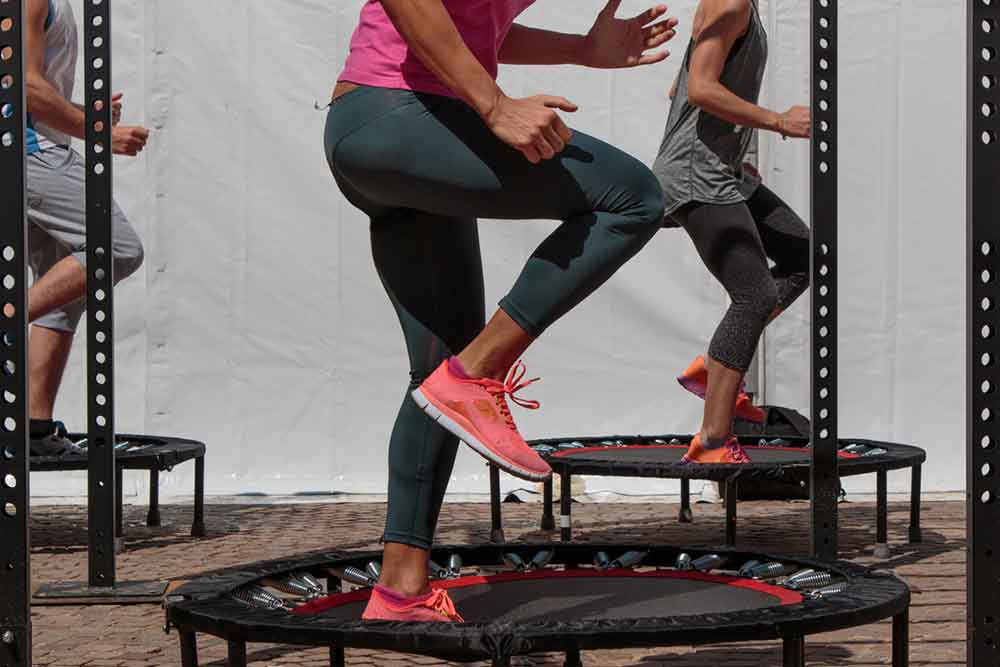












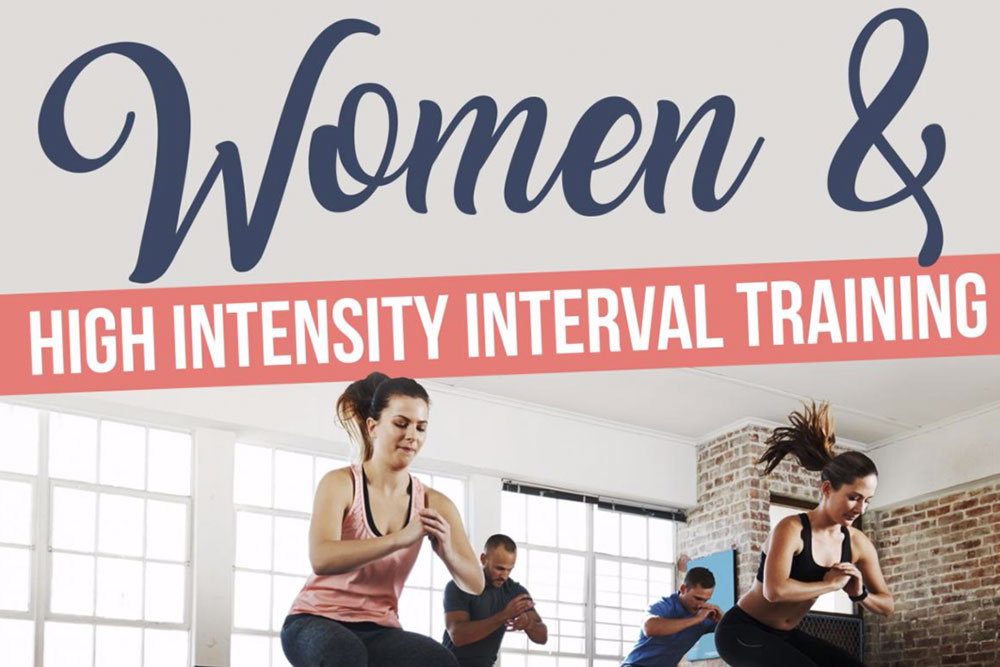
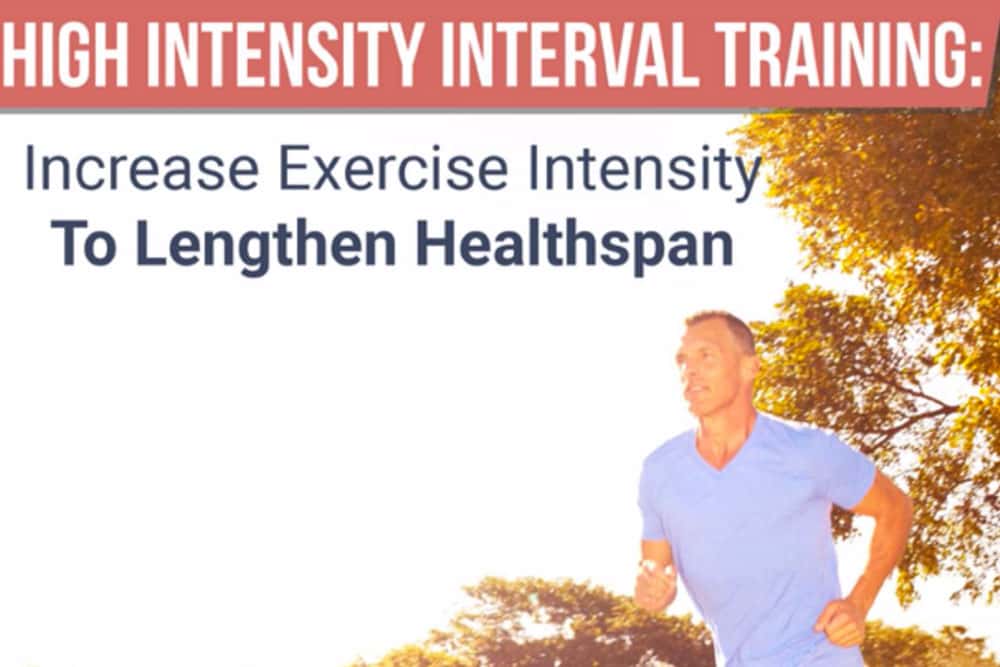

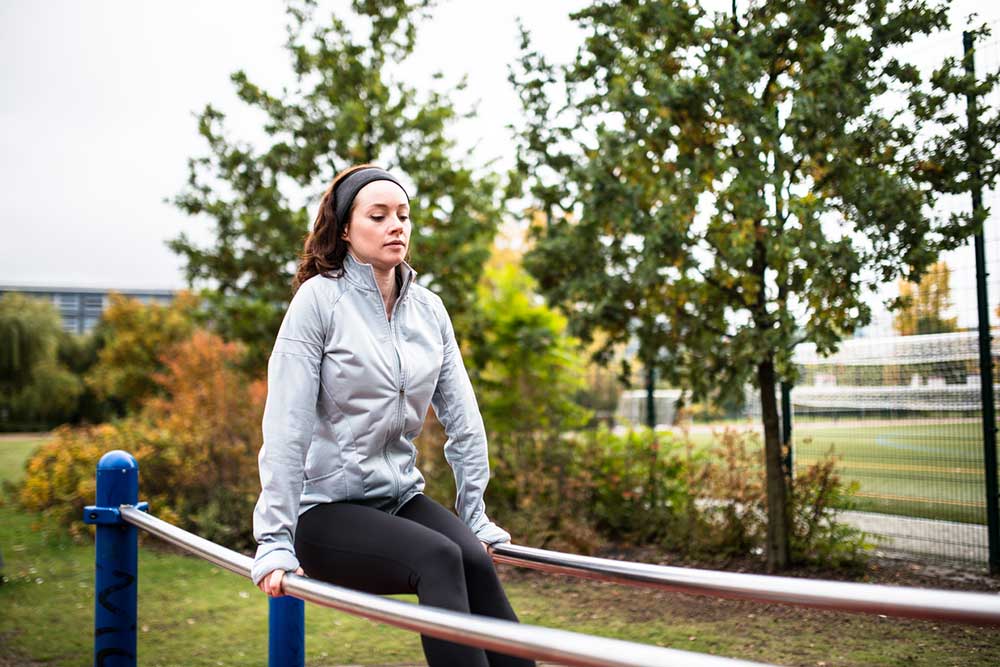
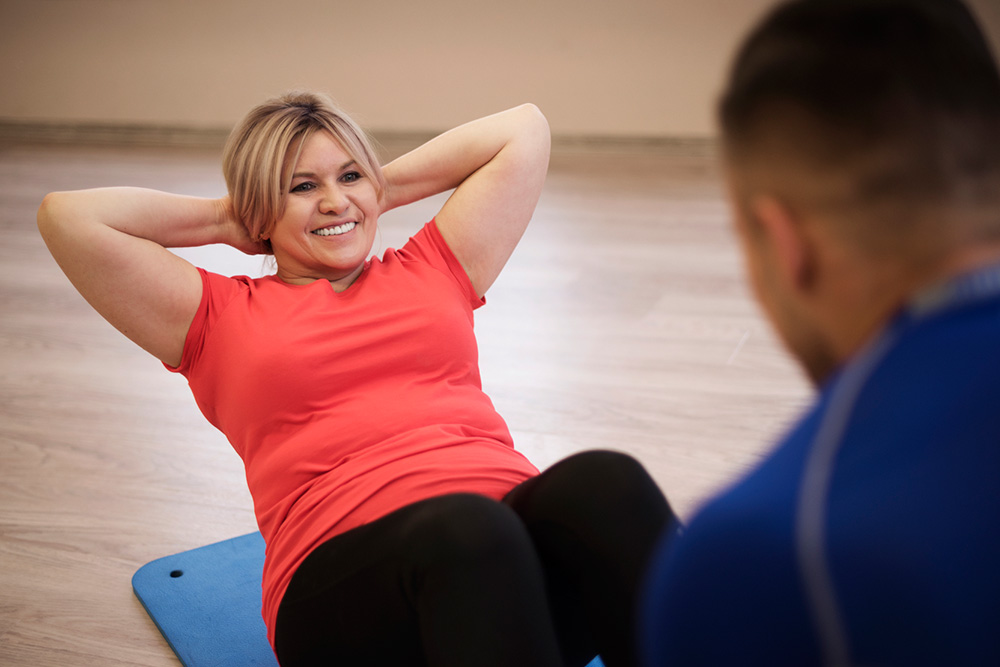



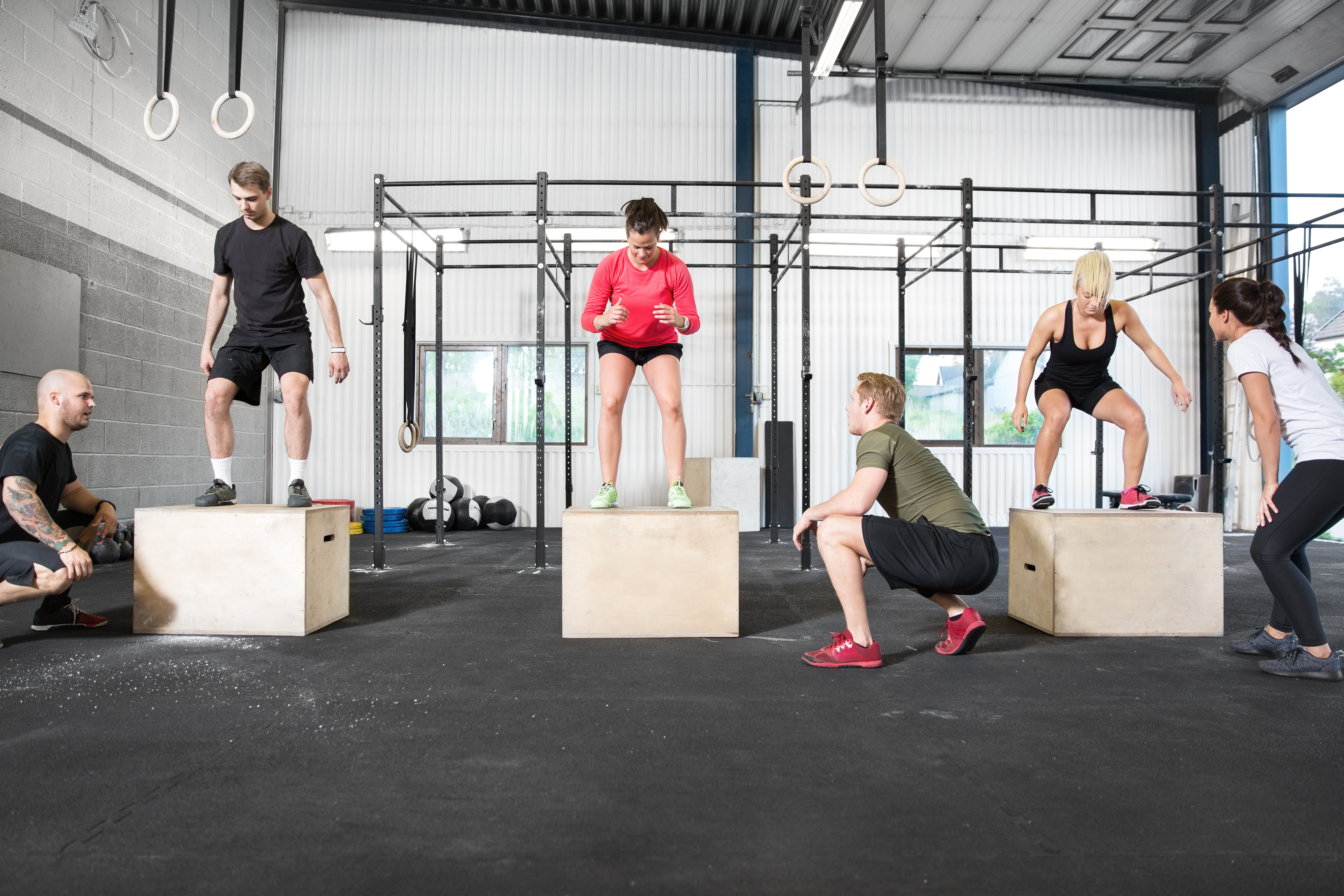





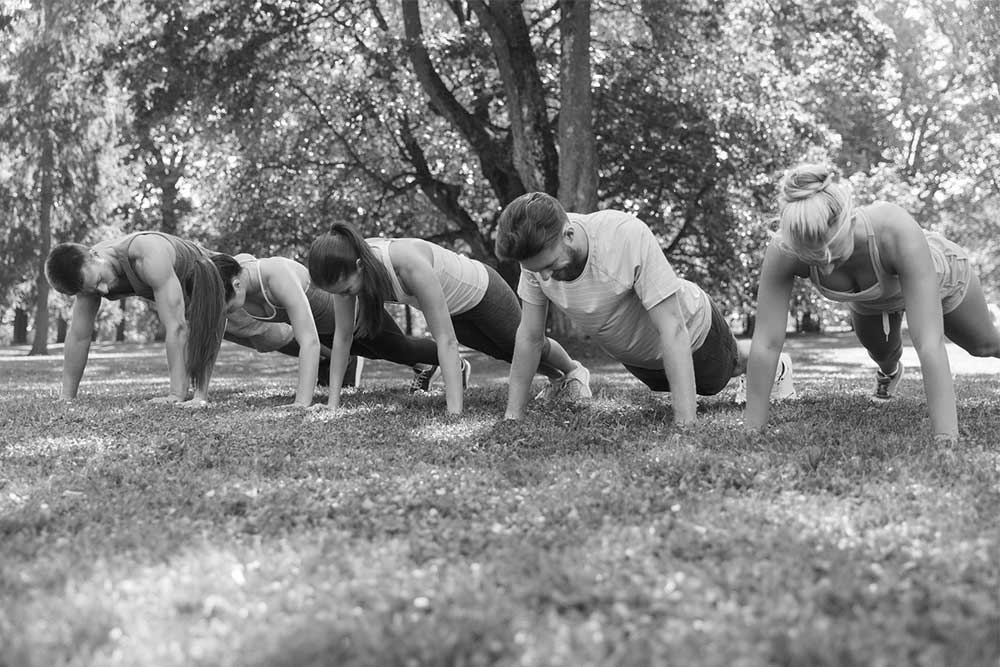




No comments:
Post a Comment